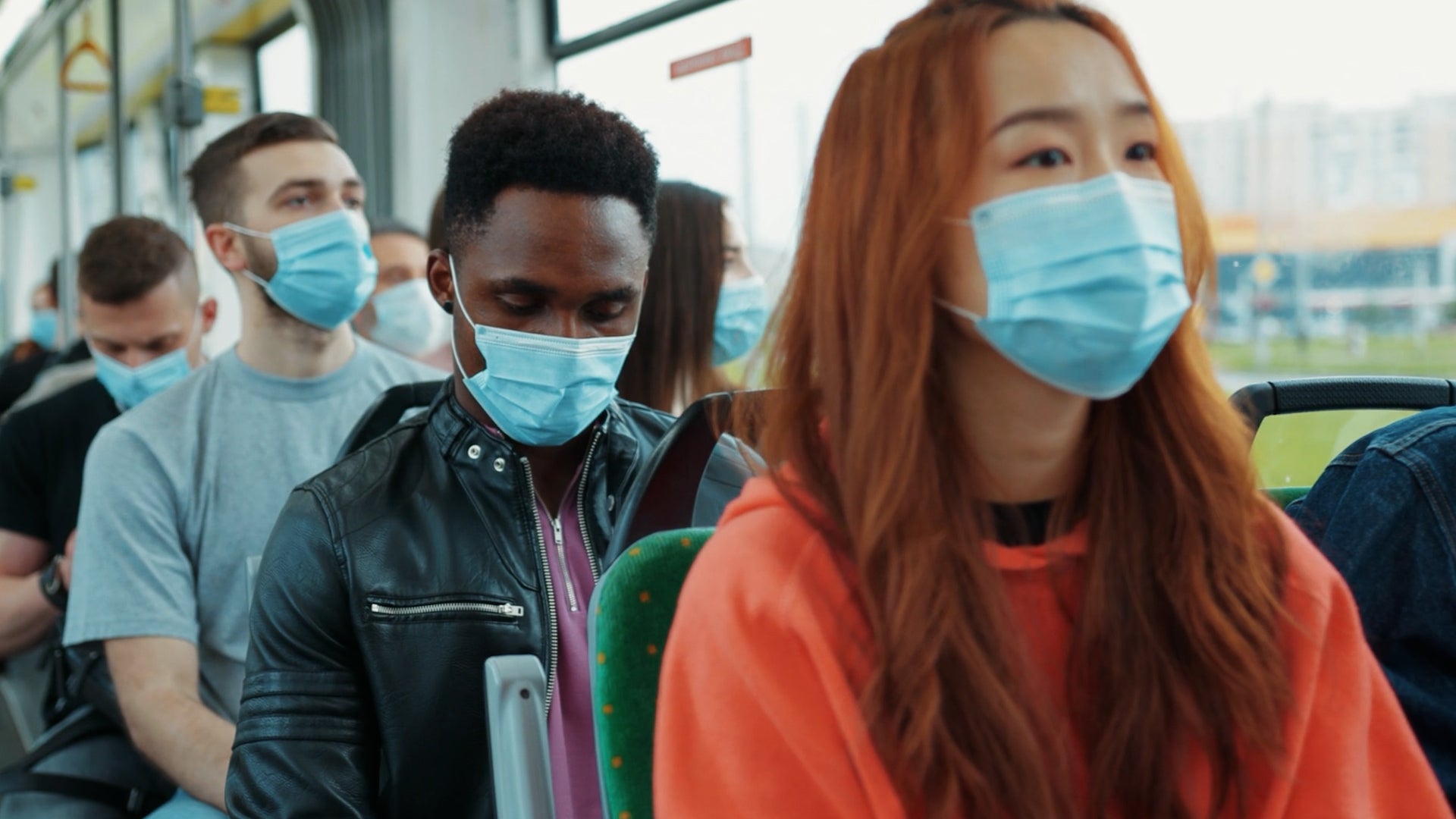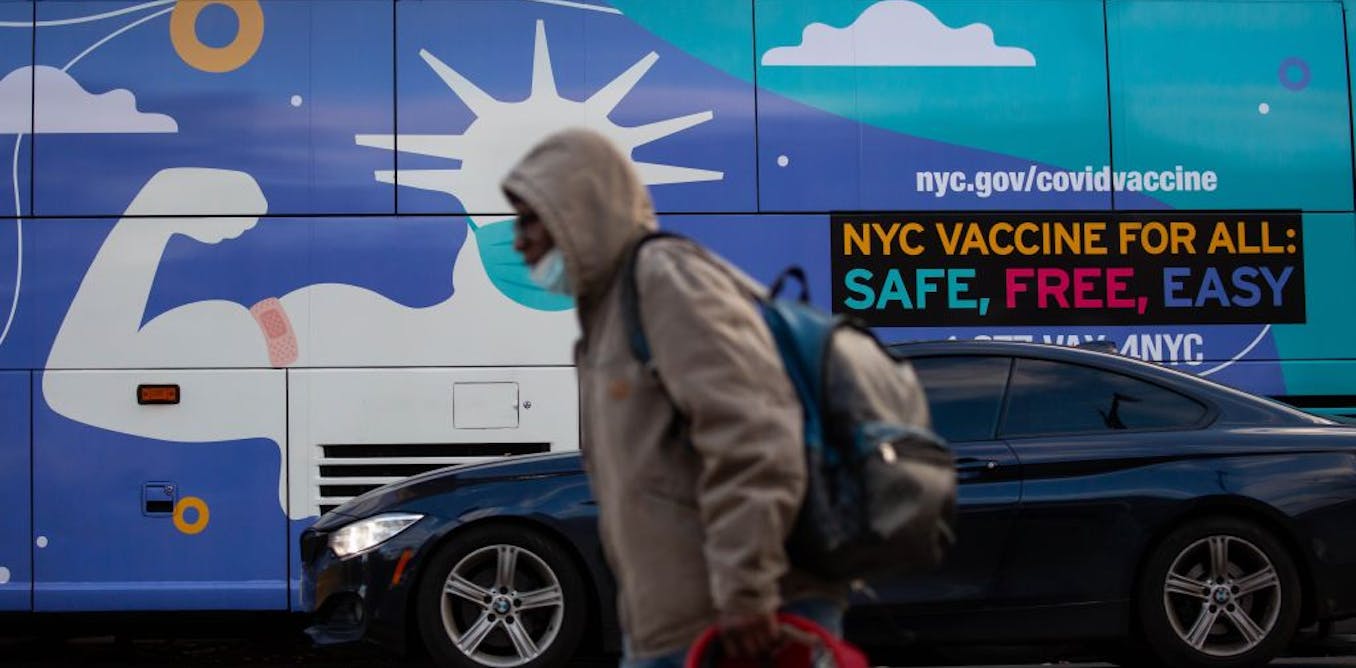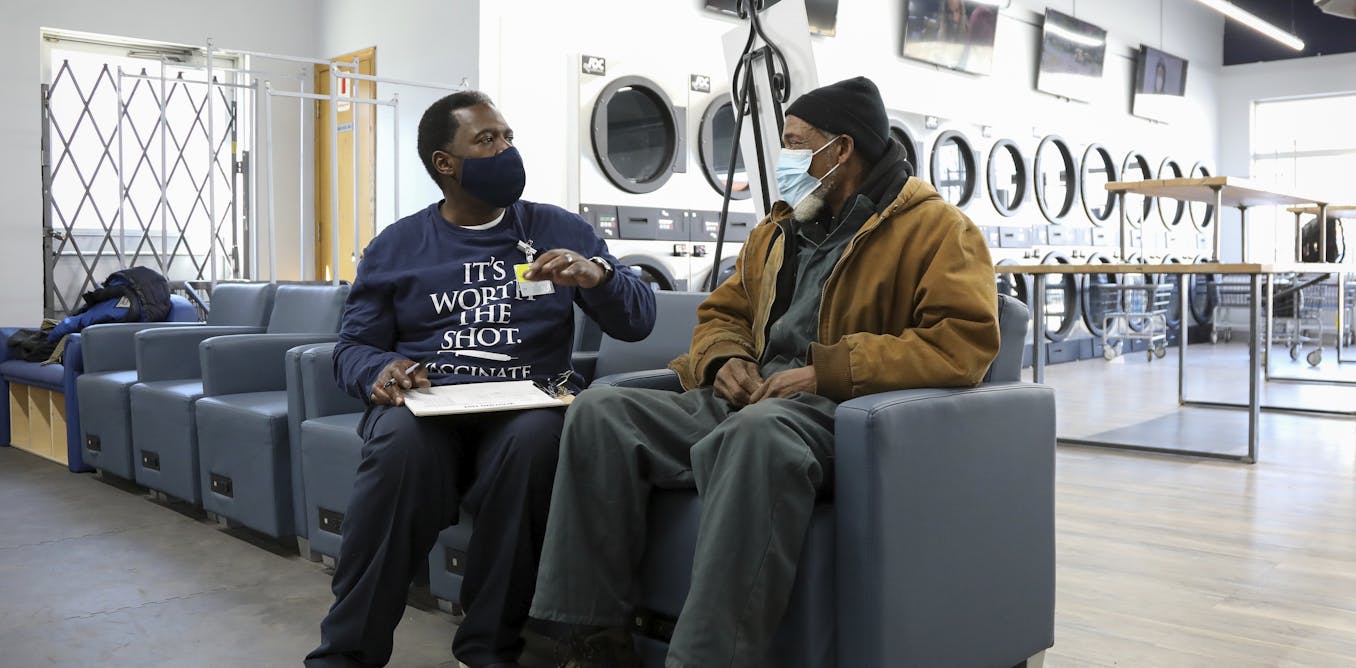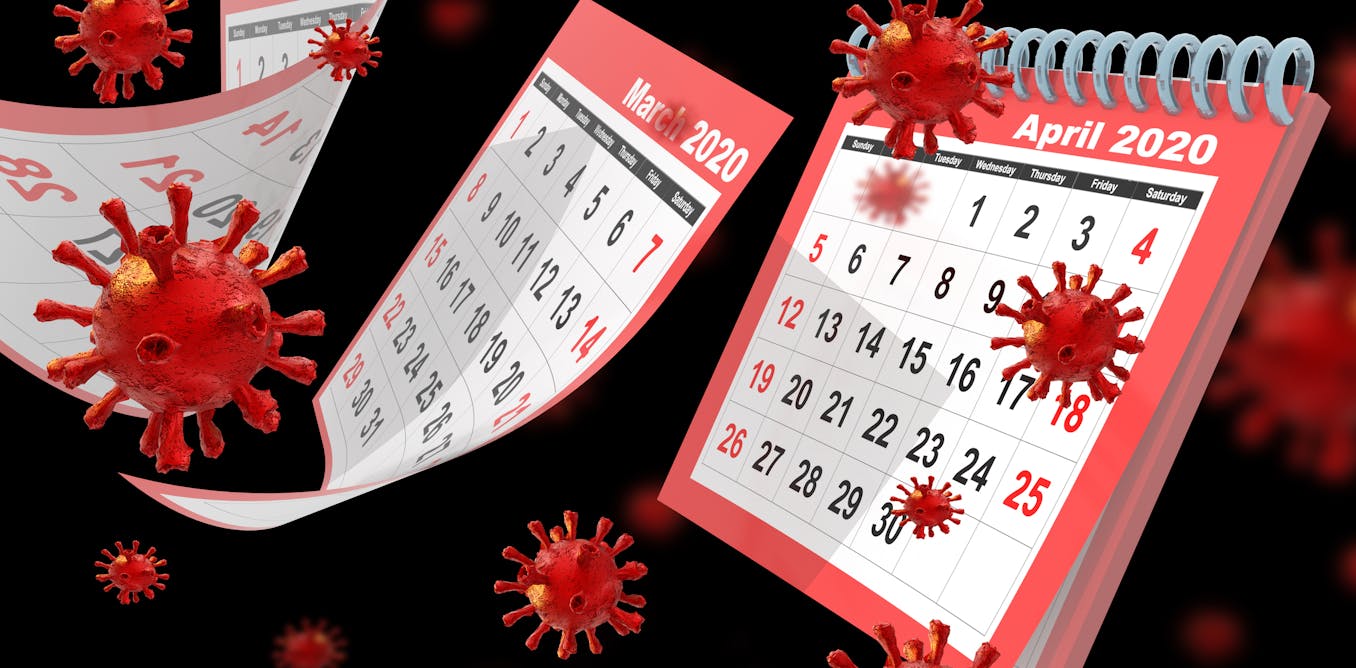It's impossible to determine your personal COVID-19 risks and frustrating to try – but you can still take action
People want a simple answer. Is this action safe? But despite Anthony Fauci bouncing responsibility for COVID-19 risk assessment to individuals, your risk can’t be boiled down to one probability.
May 17, 2022 • ~8 min










